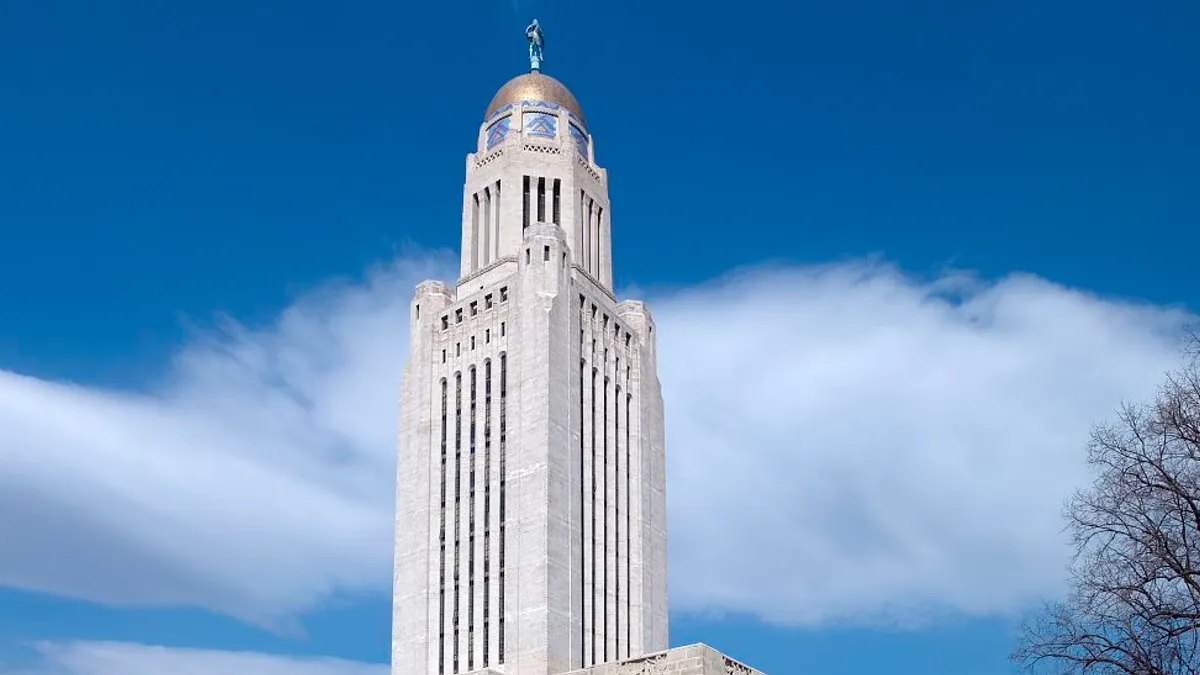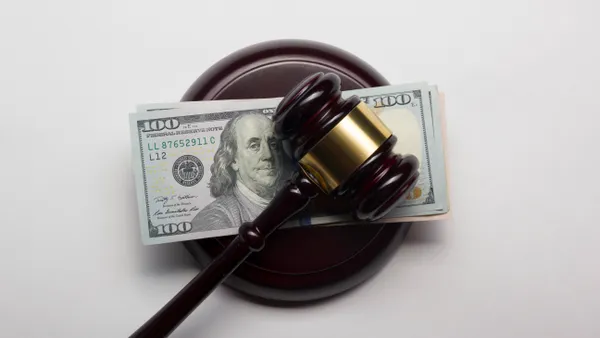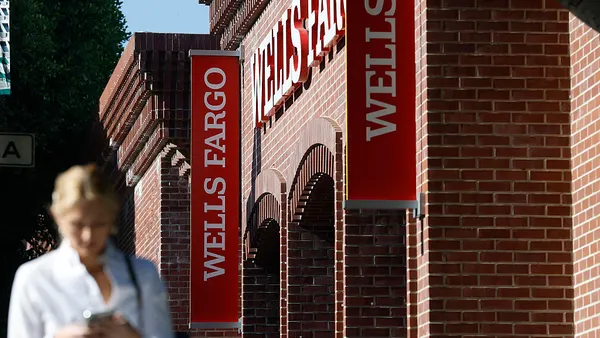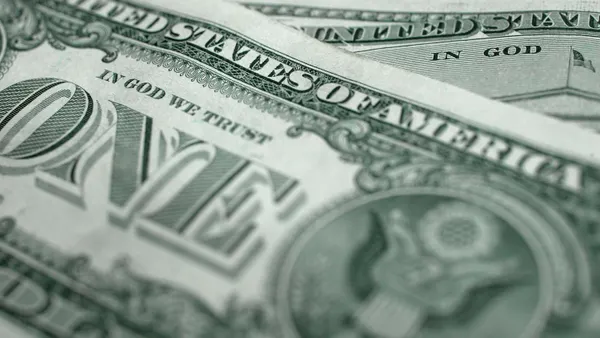Telcoin received final charter approval Wednesday from the Nebraska Department of Banking and Finance to launch Telcoin Digital Asset Bank, authorizing the bank to take crypto deposits, provide crypto loans and connect to coveted Federal Reserve payment rails.
With its charter approval, TDAB launches its own stablecoin, eUSD, backed by U.S. dollar deposits and short-term treasuries held in reserve.
“Our charter makes history, and not just for Telcoin, but for the entire U.S. banking system,” Telcoin founder and CEO Paul Neuner said in a prepared statement. “We’re proving that a bank can issue on-chain Digital Cash responsibly and operate in full alignment with U.S. regulators. eUSD brings the speed, transparency, and affordability of blockchain into everyday finance in a way that anyone can use.”
TDAB received conditional approval nine months ago. Its application was first filed Oct. 31, 2023, and accepted Sept. 13, 2024, according to the NDBF.
TDAB’s final charter approval and its launch of eUSD follow the passage of the Genius Act, which lays out a federal framework for stablecoins and digital assets. Several national banks are working on stablecoin projects. JPMorgan Chase, for example, issued its first token, JPM Coin, Wednesday on Base, an ethereum blockchain.
JPMC and eUSD are different, Neuner said in an email to Banking Dive, because JPMC is a depository token that represents a deposit to JPMorgan, and eUSD “is a free-flowing payment stablecoin [that] represents true 1:1 full reserve-backed digital dollars operating transparently on public rails.”
He said in that press announcement that launching eUSD is “not about stablecoins pulling money out of the banking system, but rather upgrading the technology of money, payments, and banking itself.”
TDAB said it intends to help community banks offer digital assets, as well, given that “only the largest five percent [of banks] of them will be able to do digital assets in-house,” Patrick Gerhart, Telcoin’s president of banking operations, said in a prepared statement.
TDAB aims to help the remaining 95% of financial institutions “stay relevant and connect to blockchain-based finance in a safe and sound manner,” Gerhart said.
“We’ve been working toward this landmark for years, and now Telcoin Digital Asset Bank gets to serve as a prime example for how both compliance and innovation can work together to elevate the standard of banking,” Neuner said. “On a global stage, Telcoin will demonstrate how local institutions, national regulators, and international innovators can move together to make money flow at the speed of the internet.”
Telcoin said last month it had secured $25 million in funding to capitalize TDAB.
The foundation for TDAB’s charter issuance was laid by Republican now-U.S. Rep. Mike Flood, who introduced the Nebraska Financial Innovation Act in 2021, while he was serving in the Nebraska Legislature. It passed later that year.
Flood remains a proponent of digital assets. He championed the Genius Act earlier this year. At the Money 20/20 conference in Las Vegas last month, he discussed the importance of stablecoins in keeping smaller banks competitive.
“If community banks want to survive, they have no choice but to be in this lane,” Flood said.











